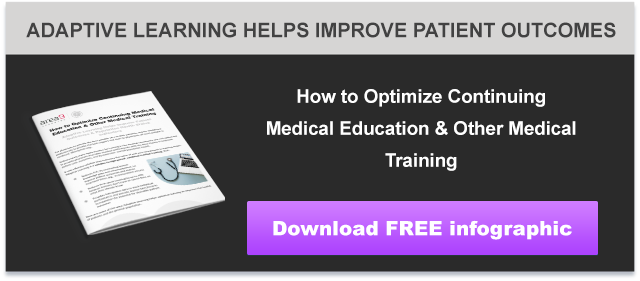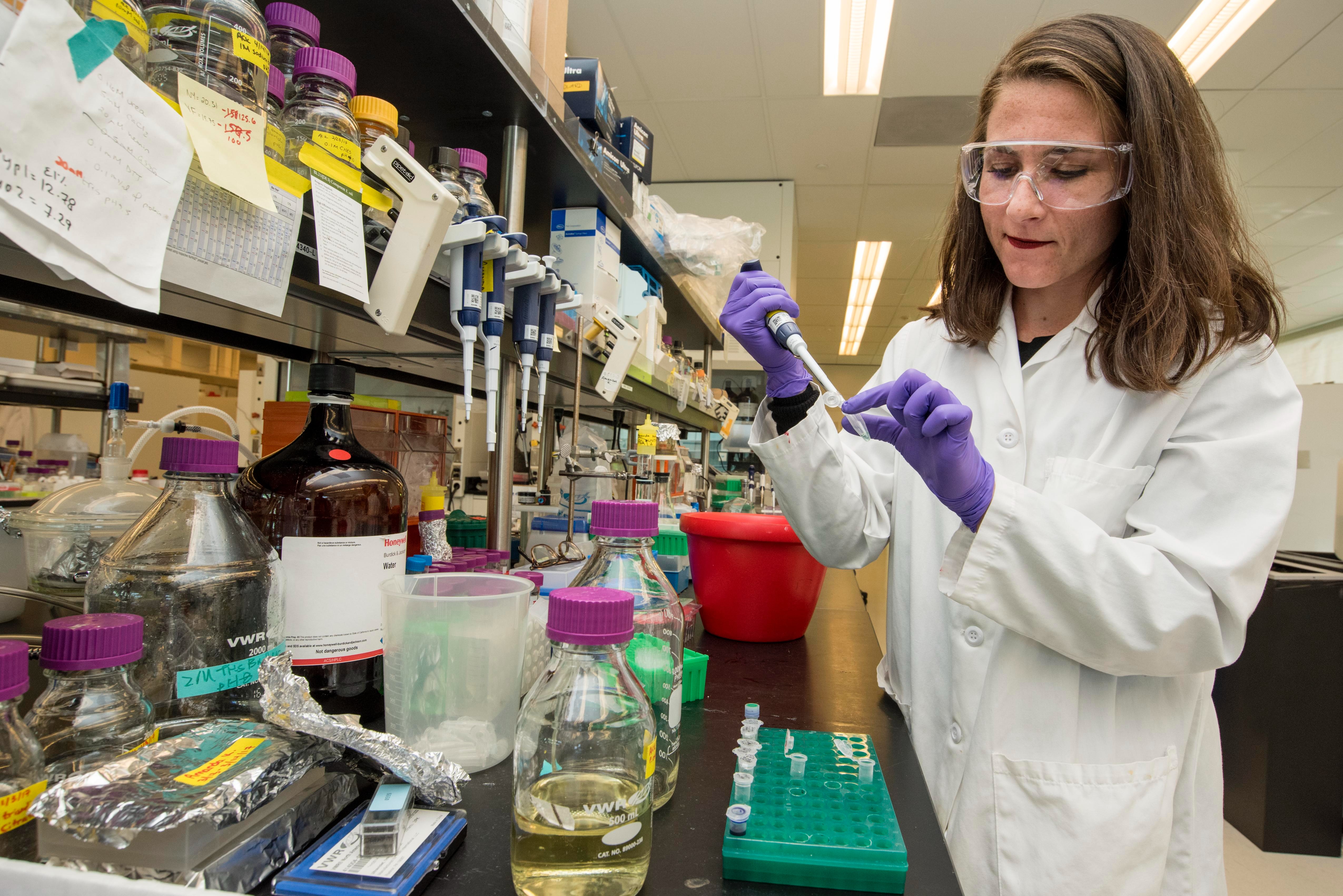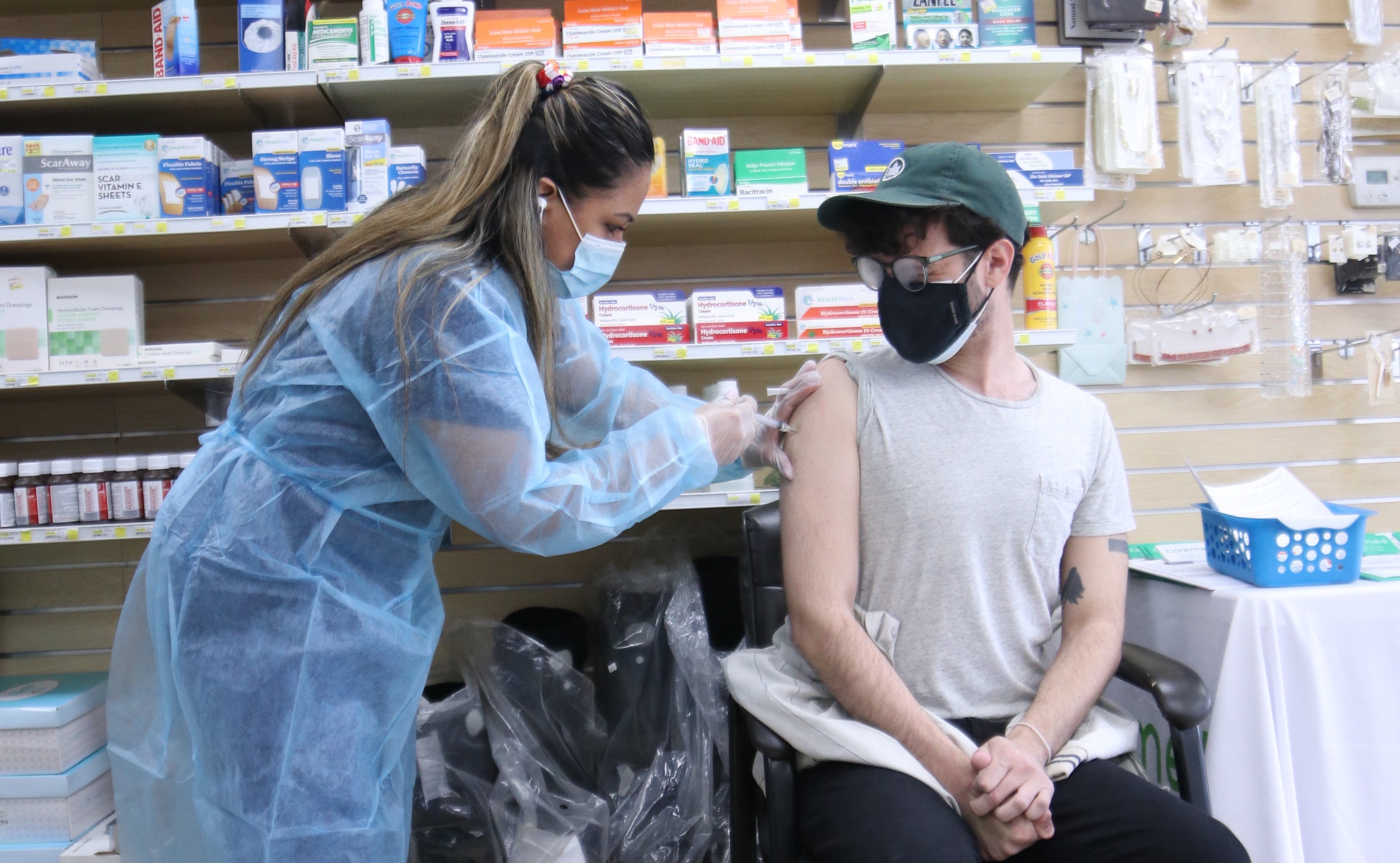Simulation training is indispensable in healthcare because it’s a safe space for learning: there are no life-or-death consequences attached to mistakes in the world of simulated medical emergencies. But simulation training by itself isn’t adequate to keep employees up-to-date in their medical knowledge and skills — you need additional learning tools and an effective training program to optimize your training impact and meet the evolving needs of training for healthcare systems today.
Adaptive Learning can augment your current training program and make it easier to manage all your healthcare training needs.
Streamlined Option for All Training for Healthcare Systems
While physicians, nurses, medical assistants, and other healthcare employees all have different training requirements, there may be overlap in content. For example, while a physician needs to know how to accurately prescribe a new drug to a diverse range of patients, a nurse needs to understand the physician’s instructions and be able to monitor the patient for possible adverse effects.
You don’t have to have different training programs to meet the needs of each category of employee: Adaptive Learning can provide streamlined medical training to optimize training impact while saving you the cost of running multiple parallel training programs.
This is because Adaptive Learning personalizes teaching at scale, so your entire healthcare staff can use Adaptive Learning software for training that is specific to their needs. Staff will only be exposed to the content that is relevant to them. This streamlined approach to training for healthcare systems will:
- Save money
- Save employees’ time — Adaptive Learning gets training done up to 50% faster than traditional training programs
- Get better results because of personalized curriculum materials for each employee
The Adaptive Learning solution worked for Coloplast: when the company needed a viable way to streamline and optimize their diverse training needs, they turned to Adaptive Learning, and the results speak for themselves.
An overwhelming majority of learners strongly agreed that the course delivered via Adaptive Learning software:
- improved their understanding of ostomy products
- improved their confidence in selling these products as well as their ability to discuss ostomy topics
- was a worthwhile use of their time
Supplement Simulation Training With Adaptive Learning Content
In addition to the benefits of reaching diverse employee groups with more streamlined training, Adaptive Learning can also augment simulation training results.
There is no substitute for simulation training in healthcare — that is a given. But Adaptive Learning can improve learning outcomes from simulation training by personalizing content to target areas of weaknesses that become evident in simulation training.
This kind of supplemental learning functions like blended learning so that learners get a boost in knowledge that they can then take and apply to simulated — and later, real-life — situations.
And you will see a dramatic improvement in employees’:
- skills
- knowledge, and
- confidence
on the job after using this combined approach.
In fact, you will be able to track learner improvement in real time via Adaptive Learning’s data collection apparatus, so you always know where your employees stand and what areas need to be improved.
To learn more about how Adaptive Learning is the solution to even your most challenging healthcare training needs, download this infographic.









